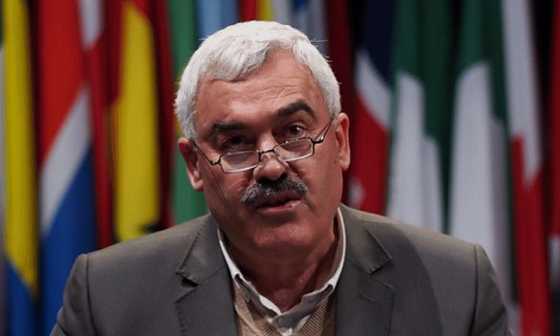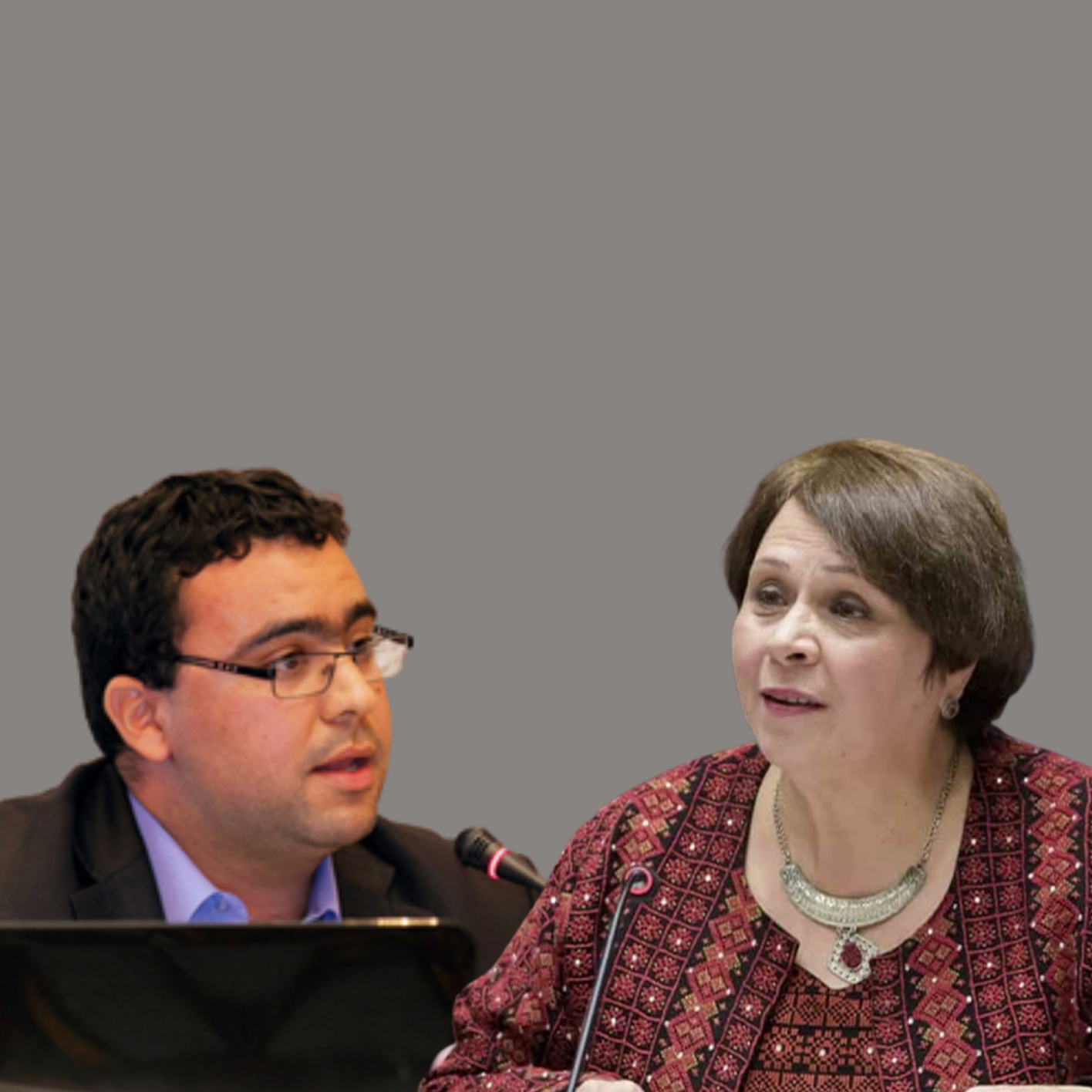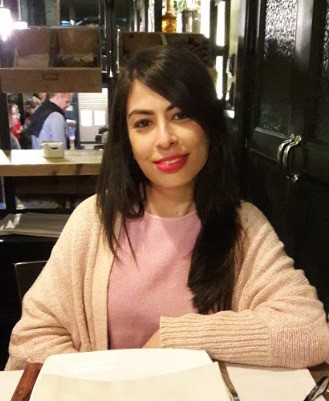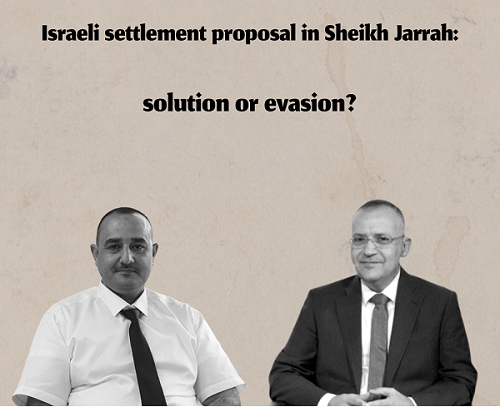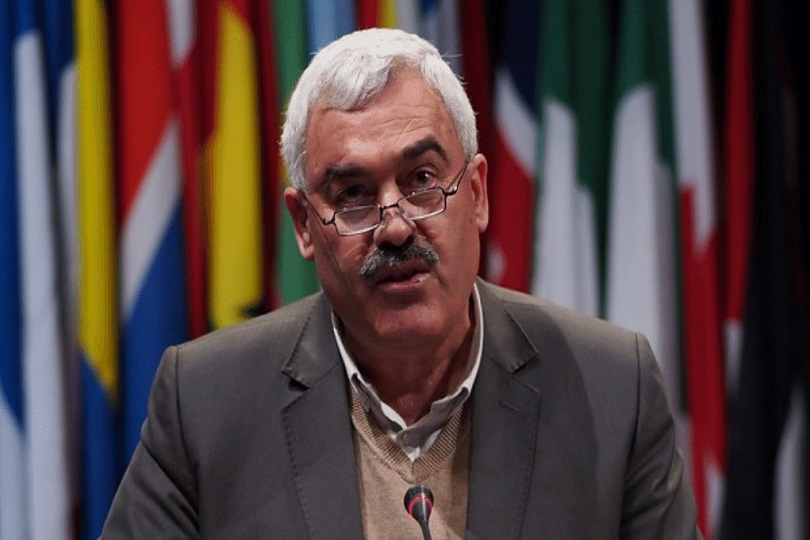
-The assassination of Nizar Banat exposed several issues, most importantly, political failure, the way people perceive security services and the absence of swift justice
-The absence of oversight and accountably from an independent and neutral party will turn the security services into a tool of oppression that lays the ground for an all-out dictatorship
-It is time to set a new date for elections,to reshape the PLO and to integrate youth in Palestinian public life. It is also time to formulate a serious mechanism of accountability for human rights violators
Introduction:
The recent assassination of activist Nizar Banat and the subsequent reactions and suppression of liberties by Palestinian security services, laid bare the reality of liberties in Palestine, in spite of the statements made by senior PA officials regarding the respect for citizens’ rights to freedom of expression and the preservation of their dignity. Human rights activists described the current deterioration of public freedoms as a grave threat to the Palestinian national and social fabric. They warned of the repercussions and consequences on the Palestinians in general in light of the increasing crackdown and military operations by Israeli occupation authorities, including their policy of settlements, land confiscation and daily arrests. The reality of public freedoms Human rights activist, Director General of Al Haq and Secretary General of the International Federation for Human Rights, Shawan Jabarin, spoke to “Hosted by MIFTAH” about the latest developments pertaining to public freedoms in Palestine, particularly after the assassination of Nizar Banat by Palestinian security forces.
Jabarin’s diagnosis of the situation is as follows: “There is a general rule that an increase of violence is a sign the system is weak and about to collapse. Here, we are talking about violence and oppression being exercised against our people by our people, who normally, should be representing them. The PA should be conducting its role in organizing and protecting the people. However, the PA failed on two basic points: the first is protection from violence and from injustice, poverty and fear. In other words, what is the point of your existence if you cannot protect your own citizens from the violence of the occupation? You can’t protect their lives, their properties, their homes or their land being confiscated by occupation authorities? You can’t even protect your own establishment.
Secondly, citizens look to the PA for protection from internal social violence and from the violence of the executive authority, including torture and mistreatment. They look to the PA to prevent any infringement on their dignity and to protect their privacy. If we look at all of these issues, we clearly see that Palestinian citizens are not protected at all. On the contrary, they are humiliated in the street when they express their opinions and themselves. Even their livelihood is at risk when they express these opinions; the PA persecutes vocal civil servants, issuing to them warnings, punitive measures or even dismissals.” He goes on to say: “There is a very important point any political or social pundit monitoring the social system and the global changes in the past 20 years should pay attention to, which is the technological revolution in social media and the media in general, which has had huge repercussions everywhere, not just on Palestine. There is now a generation with a perfect handle on these new methods, skills and knowledge. In turn, they share this knowledge and skills with others and have a very broad space to express themselves in. A new culture has taken shape.”
Galvanizing the role of youth
Jabarin says youth must be granted the space and role they deserve: “I think this is a reality we all live and feel in our homes, in school and in our social lives. It seems these things are lacking among officials, however. We are talking about an entire generation excluded from internal public politics, even though this sector is active, expressive and strong on the street. They actively participate in cyberspace but are prevented from entry into public life, their voices and liberties suppressed when expressing themselves through Facebook or other mediums. The natural thing would be to promote these values, not the opposite. Today, we are talking about a Palestinian political system in which judicial and legislative powers are in the hands of the executive authority. This is the perfect recipe for a dictatorial police state and hence, the perfect recipe for the collapse of this system. When you exclude active youths from participating in public political life, you have to expect that ultimately, you will clash with them. There are two options: either you clash with a reality represented in the people, their will and freedom and with a new generation that wants to lead or with the generation represented today, which includes those in their 80s. This generation was 25- years old when they joined the PLO while 33-year olds in the current generation in Palestine have never participated in general elections; they have never voted for their representatives in the PLO or otherwise.
The clash of generations
Jabarin says this condition reflects a clash between the old and new generations. “Another important point in the Palestinian context is that the 70’s generation handed over the leadership to the generation in the 1980’s and this generation handed the reins of power to the 1990’s generation. Since then, communication broke down, because we entered into a new phase, which is the Oslo Accords and the division. Hence, there is an entire generation far- removed from public life and which is now reaping the bitter harvest of this period: land is being confiscated and shared space is shrinking; even the stairs of Damascus Gate are off-limits to this generation. This is all a result of Oslo and the product of these accords, which also brought with them more settlements, land confiscation, oppression and closures.
This generation wants to take its place in political life and has not been granted this right. This is why we are now seeing a clash of generations, including a clash over space and programs. We have a very old mentality in terms of methods, discourse and tools, which has failed in the political sense. This generation clings to its positions and has shuttered its windows, preventing anyone from entering into its space. Perhaps this new generation will find its way in, who knows? So, we have two choices: either we are headed for a confrontation, because this would be the natural result in any society, or we take the peaceful, democratic option, which is elections.
Elections could include everyone and a movement could emerge that highlights the potentials of our youth and brings to the fore the issue of rights and freedoms, including a means of guaranteeing them, which is the PLC. In addition, it could produce a just and independent judiciary. In this way, we can rebuild the homeland and the system in a way that encompasses the new developments of our day and age. Today, there are still people who are operating outside this framework; they think the exercise of public freedoms will infringe on them personally and therefore call on the people to exercise their rights in silence rather than in the public sphere (the Manara) which is very dangerous.”
Strategically, where are we going?
“Unfortunately, we are headed towards a very, very dangerous space that none of us want for ourselves or for our children. We are headed towards more crackdowns even though nightsticks, guns and gas canisters do not sustain any authority. From this perspective, I look at things strategically,” Jabarin says. “When I discuss these things with the leadership, I say to them that this behavior, this discourse and this treatment [of their people] will put them on the wrong side of history. We are in a time that requires logic and new tools to understand and embody this generation. We must learn from them, which is what I personally try to do in my institution. I do not master the issues they master. The recent Gaza battle and the Sheikh Jarrah battle proved this generation is savvy, smart and capable of standing up for their rights and can impact the world. We need to trust them.”
The security doctrine and violent behavior
How problematic are the recent crackdowns and violation of freedoms? Why are the security services using such brute force? “At this stage, we have a security establishment limited to the members of a certain movement. This means you are talking about an ‘exclusive club’ governed by one ideology, personal friendships and one doctrine. Hence, it is not an institution, or at most, it is a private institution for one team. However, if it wants to be a security service for the homeland, there are three focal points that need attention: first, if you want to represent the homeland, you must rid yourself of the “factional cloak”, which means you must look through the eyes of the people and not a party or movement.
Unfortunately however, until now, they see themselves as a party and not as the people. Second, which is built on the first point, is that our tools of accountability are weak because of these friendships and personal relationships. The other thing is that the members of the security services have been mobilized to protect the political system and its project, represented in the Oslo Accords. And even though Oslo failed, these services are required to continue to protect this project. This means the doctrine of these services is linked to a political project that people criticize and will ultimately clash with. Hence, the security doctrine is no longer from the standpoint of a national perspective. When I was talking to them, I asked: is your doctrine about the homeland, dignity and rights? If it is, then there are other paths to take. In other words, I want to see citizens in the security services, I don’t want to see only factions or parties, because this is the most dangerous thing of all.
The other point is that the development, performance and capabilities within the security services basically depend on western assistance, whether in terms of training, capacity-building or funding, which I think is also extremely dangerous. Here, I am not casting doubt on loyalties per se, but I am saying that certain interests could arise within these services. There is also another point: Give me one country where the head of a security service remains in his position for two or three decades. Perhaps the two most dangerous things in the security world are: a lack of oversight from an independent and neutral party, which turns the security services into a monster that eats its own; and second, the absence of any political will to make a shift within the security services from their current state to a professional and effective security establishment. This begs the most important question of all: Who does this security establishment serve? And who does it target? This is a question being posed on the street, especially given that security services cannot protect citizens or their land in Area A and cannot prevent Israeli soldiers from raiding, arresting and demolishing homes, all while Palestinian security services disappear from the scene. All of this diminishes the status and veneration of the security services in the eyes of the people and their reaction to these services is opposite of what is intended – that is, these services are weak and they try to compensate for this weakness through violence against their own people.
Simply put, we do not exist in the world. We are a very strange, surreal case and the security services are a victim of a political project that has proven its failure but which still requires protection. In short, we have no unifying security establishment, which is dangerous for everyone, including Fatah, because conflating all of these bodies – the Authority, the security services and the legislature – reflects on Fatah itself from the people’s perspective. As for the absence of tools of accountability, for example, torture is globally criminalized. Palestine is a signatory of the Convention against Torture, but nothing from it was integrated in national law. They know very well that this crime constitutes a crime against humanity and that Palestine is a member of the International Criminal Court. In other words, the ICC will pursue us for this crime, especially since there are no internal investigations underway or other inquiry measures.
The assassination of Nizar Banat: an accumulation of political failure and the people’s perception of the security services
In regards to the assassination of Nizar Banat, Shawan believes this was not an event in and of itself but an eruption of several issues at once. He said it was the result of a buildup over time, resulting from political failure, the people’s perception of the security forces, a lack of trust in the PA and the lack of due justice in this regard. These issues accumulated and led to this buildup and mistrust among the people, culminating in the Nizar Banat killing, a man who had a loud voice heard among many. “Agreeing or disagreeing with his opinions was not the problem,” Shawan maintains. “Nizar’s killing raised a very critical question: have we entered into the dark tunnel of political assassinations? I think Nizar’s murder has huge implications and must be evaluated and analyzed through another, broader, deeper lens”.
Until this day, the PA’s perspective on current events is very short-sighted and is only through a security lens. There are those who think that by brutally cracking down on the people, this will intimidate them. We need a new perspective and a complete change in this entire stage, which is nearly over. We will need new people, a new discourse, tools and institutions.
Also, where is the unifying establishment for the Palestinian people, which is the PLO? This is a fundamental and critical issue. Hence, Nizar Banat’s assassination is a turning point; things have accumulated but this incident cannot just pass us by. The people do not trust the PA’s investigations and have called for an independent and neutral probe even though in any democratic society, it is for the public prosecutor to investigate. However, there is no trust in the prosecution, the judiciary, the security services or even the political leadership. There is actually a huge gap between the PA and the street. The PA is a failed entity in the eyes of the people, its existence revolving only around nightsticks, guns and money. It is time we seriously reassess our condition. The dignity of citizens and their public freedoms in official discourse
Jabarin continues, “I recently met with the Prime Minister in a closed-door meeting and we talked about a lot of things. What I took away from the meeting is that he has a certain understanding of reality . He recently made a clear statement about the dignity of citizens and their right to expression. However, the big question is this: Were these just words for public consumption or did he really mean what he said?” I actually think he meant what he said. But if you ask me just hours later about what happened in Ramallah, I can only tell you this: he told me that he did not know what was going on at the Al Bireh police station. He did not know about the crackdowns and the arrests. If he really did not know, this is very dangerous. He is the interior minister, and the police fall under his jurisdiction, so if he didn’t know then who did? The question then is: who is behind what happened? This needs an answer because what happened was a crime, plain and simple. This was an attack on ordinary citizens, on the families of detainees who were there taking a stance any Palestinian would be proud of. The wife of Ubai Aboudi was shouting out a slogan we all agree with: “To you, the state of freedoms: No more political arrests!”
Then, when I went as a representative of a human rights institution to visit the detainees and give reassurance to their families, I was barred access to them. I contacted the central command of the police to help me in this regard and also bring his attention to the danger of these attacks on people. I urged them not to make a mistake and I tried to convince Ramallah’s police command not to attack journalists or drag women on the ground. I saw how ugly these violations were and I saw how the crackdowns continued unabated. There is something awful happening, which is the growing sense that these security services are not services for the people. This is how dangerous the situation has become, where the people look at them as the enemy. Red lights should be going off.
Respect for rights and freedoms
Jabarin says the issue of rights and freedoms is actually very simple. That is why, he maintains, it is time to implement a few basic things, first and foremost, we must set a new date for real and serious elections, so the people can express their will and democratically elect their representatives. He also says it is time for rebuilding the PLO through elections and through pumping new blood into it as the representative of the Palestinian people. “I think it is time to say that torture is a crime and those who commit it, give orders or cover it up must be held accountable, something that should be included in the penal code”. What’s more, Jabarin says it is high time to develop tools for real and serious accountability against those who commit human rights violations. “We need to free ourselves from this mentality and culture of concealment.” Jabarin concluded with this: “I think the recent violations, crackdowns and oppression of freedoms marks a split in society and weakening of its social fabric. This is extremely dangerous for civic peace. There is a ticking time bomb deeply embedded in the Palestinian body. It is the biggest threat to Palestinian strength and immunity and to our national fabric.”




